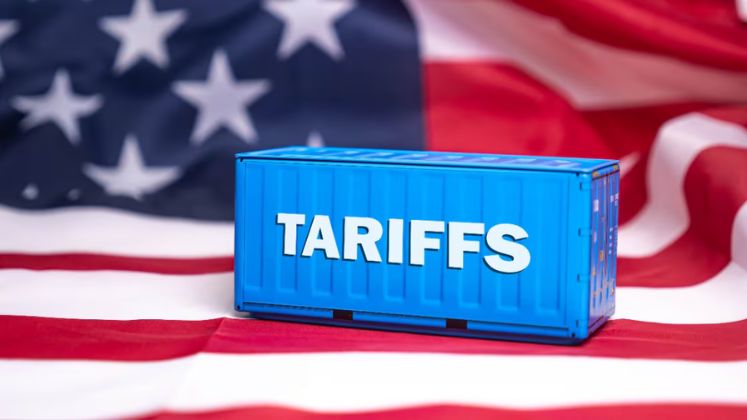
Despite Washington’s failure to confirm a date for the upcoming third-round negotiations, officials from Bangladesh’s commerce ministry say Dhaka is scheduled to submit its draft position paper to the Office of the United States Trade Representative (USTR) today in response to the US-proposed reciprocal tariff agreement.
Commerce Secretary Mahbubur Rahman said on Monday that an email had been dispatched to the US requesting a meeting date, but no response had been received so far.
Regarding the draft, Rahman said Bangladesh plans to seek a transitional period of five to ten years to fulfill various non-trade obligations, including commitments related to environmental standards and labour rights. He also mentioned that Bangladesh intends to request technical assistance from the US to help remove trade barriers and facilitate the implementation of the agreement.
Officials involved in the drafting process held a meeting yesterday afternoon with Commerce Adviser Sheikh Bashir Uddin, Law Adviser Dr. Asif Nazrul, and National Security Adviser Dr. Khalilur Rahman to finalise the position paper. The completed draft is expected to be emailed to the USTR this morning, which will form the basis for the final negotiations.
The upcoming round of talks will revolve around the US proposal and Bangladesh’s counter-position. If both sides reach an agreement, Bangladesh could see a significant reduction in the current 35% reciprocal tariff on its exports to the US. US President Donald Trump has announced that the new tariff rate will come into effect starting 1st August.
To prepare its response, Bangladesh’s commerce ministry held an inter-ministerial meeting on 20th July. An anonymous participant from the meeting said that several decisions were made, including offering certain tariff concessions to the US and increasing government-to-government (G2G) imports from the US to help mitigate the tariffs on Bangladeshi exports.
The official also noted that Bangladesh does not intend to accept the non-trade conditions outlined in the US draft agreement. Instead, the country aims to negotiate a transitional period—five years for some obligations and up to ten years for others—to implement these requirements gradually.






